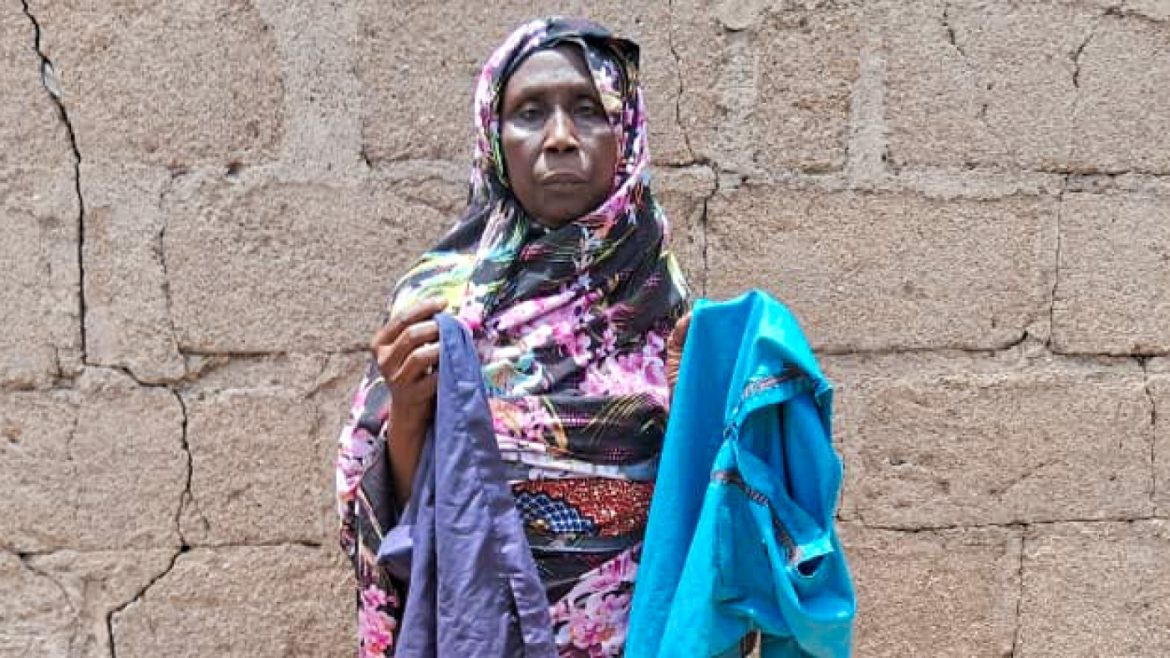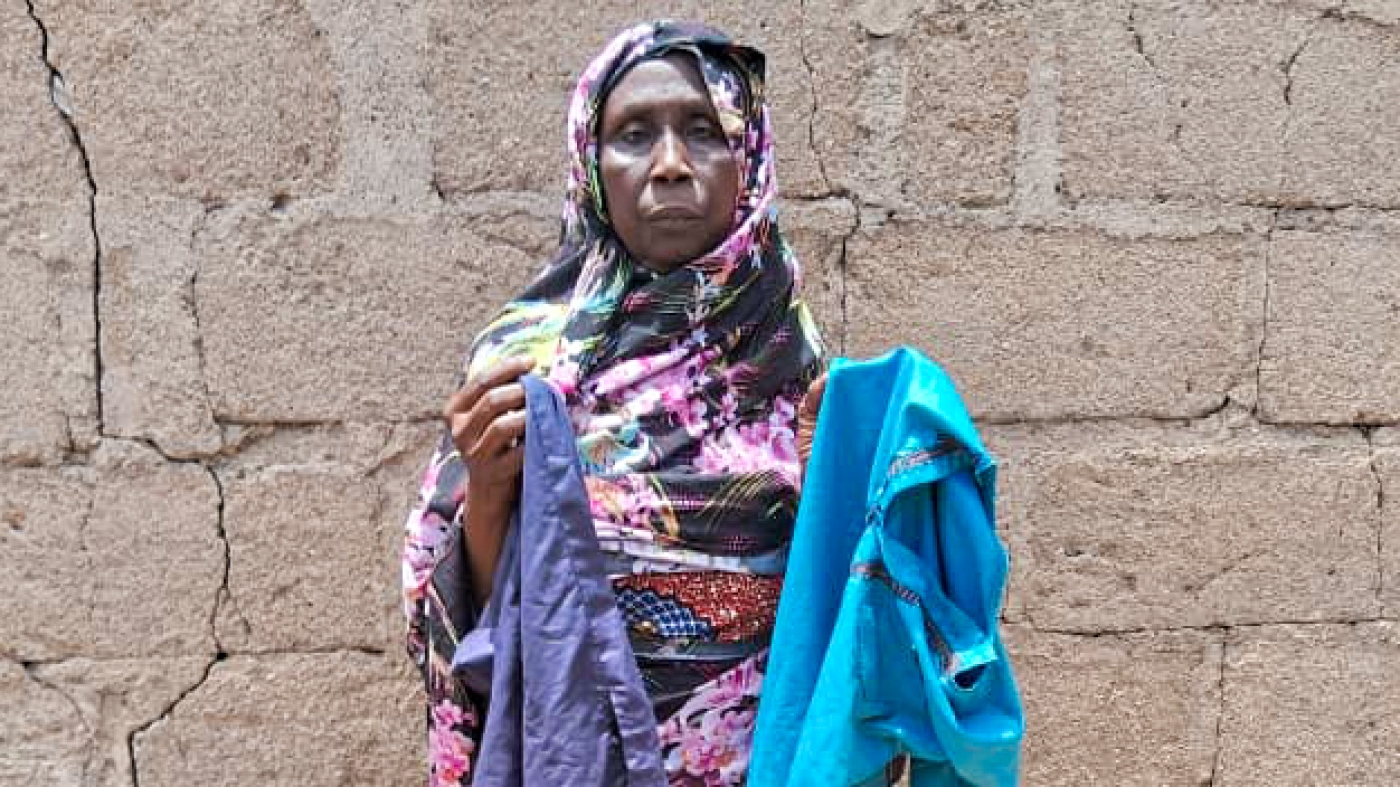The Controversy Surrounding U.S. Foreign Aid Cuts under Marco Rubio: Implications and Realities
Introduction: The Stakes behind Aid Cuts
The conversation about U.S. foreign aid has intensified sharply following Secretary of State Marco Rubio’s decision to implement sweeping cuts and freezes on aid programs. While Rubio has maintained that these actions do not result in deaths or increased suffering, real-world accounts and reports challenge this assertion. The debate spans issues of policy legitimacy, humanitarian consequences, and political rhetoric, and it deserves a close examination of facts, claims, and implications.
Rubio’s Position: “No One Has Died on My Watch”
Marco Rubio has publicly insisted that “no children are dying on my watch” as a result of the suspension and reduction of U.S. aid programs. He frames the cuts as a move away from “dumb” and non-strategic aid, defending the stance that the U.S. government is not a charity and must prioritize aid based on clear national interests. According to Rubio, waivers have been granted to certain critical programs, and the administration is reviewing waiver applications carefully.
This position aligns with his broader political approach emphasizing a more selective, strategic deployment of U.S. resources abroad. His rhetoric dismisses claims from critics who attribute fatalities or worsening humanitarian conditions directly to these aid reductions, going so far as to call such assertions “a lie” during congressional debates with Democratic lawmakers.
Ground-Level Reality: Stories and Reports of Harm and Death
Contrasting Rubio’s statements are credible and painful accounts indicating that aid cuts have had real, measurable effects on vulnerable populations globally. One deeply personal example is the story of Mariam Mohammed, a widowed mother whose 7-year-old son, Babagana Bukar Mohammed, reportedly died as a consequence of discontinued U.S. foreign aid. Her testimony humanizes the consequences of policy decisions and demonstrates the tangible risks of aid interruptions.
Journalistic investigations and governmental memos have underscored these concerns. For instance, ProPublica revealed that over 10,000 humanitarian programs were axed without the comprehensive review initially promised, potentially condemning thousands of children and refugees to death from treatable conditions such as severe malnutrition, malaria, and polio. Model-based forecasts estimate that one million children might go untreated for severe malnutrition and hundreds of thousands could die over the next decade due to disrupted aid.
The U.S. Agency for International Development (USAID), an enormous apparatus distributing over $40 billion annually to more than 160 countries, has been significantly affected. More than 83% of USAID programs were terminated after what has been described as a rapid six-week purge. Aid workers and humanitarian officials have voiced alarm that the sudden suspension is forcing staff layoffs, operational shutdowns, and has impeded payment processes to partners globally. Despite promises of exemptions or waivers, many life-saving programs remain halted.
Political and Institutional Dynamics: Disputes and Defenses
The dispute between Rubio and his critics has played out acrimoniously in Senate committee hearings, with Democrats vigorously challenging the administration’s evidence—or lack thereof—for the claimed safety to human lives from aid cuts. Rubio’s confrontational responses have included refuting documented cases with dismissive language, fueling heated exchanges and gavel banging.
Historically, Rubio has been a strong supporter of foreign aid and USAID. His recent pivot toward harsh criticism and large-scale program cancellations marks a stark contrast to his endorsements over the past decade. This shift raises questions about political motivations, strategic recalibrations under the Trump administration, and the broader U.S. stance on global humanitarian leadership.
The State Department has indicated that while waivers are being considered and some approved, many requests for them have been returned because they were incomplete or vague, suggesting systemic challenges in managing and implementing aid priorities amid the freeze.
Broader Implications: Strategy, Morality, and Global Influence
The debate encapsulates larger tensions between the goals of foreign aid: humanitarian relief, global health, geopolitical strategy, and national interest. Rubio’s framing of “walking away from dumb foreign aid” reflects a desire to concentrate aid on projects deemed directly beneficial to U.S. security or prosperity, rather than spreading resources thinly or through bureaucratically inefficient channels.
However, the moral and strategic cost of this approach is evident in documented human suffering and the weakening of U.S. soft power abroad. International aid historically serves not only to save lives but to build alliances, promote stability, and project American values. Dramatic cuts risk undermining these long-term benefits and ceding influence to other global actors.
The disruption to aid programs also highlights the logistical complexity of foreign assistance. Sudden policy shifts ripple quickly through networks of NGOs, healthcare providers, and local communities whose survival depends on sustained support.
Conclusion: The Human Face of Aid Policy Decisions
Secretary Marco Rubio’s foreign aid cuts are a lightning rod for debate about the balance between prudent governance and humanitarian obligation. While political leaders must prioritize resources wisely, attempts to deny or diminish the tragic consequences reported by families, aid workers, and researchers risk obscuring the human cost embedded in cold policy decisions.
The overlapping testimonies, data, and political discourse present a challenging reality: cuts to foreign aid programs have tangible, often deadly impacts on vulnerable populations worldwide. Understanding this reality demands moving beyond partisan battles to seek measured, transparent, and compassionate policies that recognize both national interests and global human needs.
The story of Mariam Mohammed and other affected individuals should serve as a sobering reminder that foreign aid is not an abstract budget line but a lifeline for millions. The future of U.S. foreign aid must reconcile strategic imperatives with these lives to craft effective and ethical international policy.


